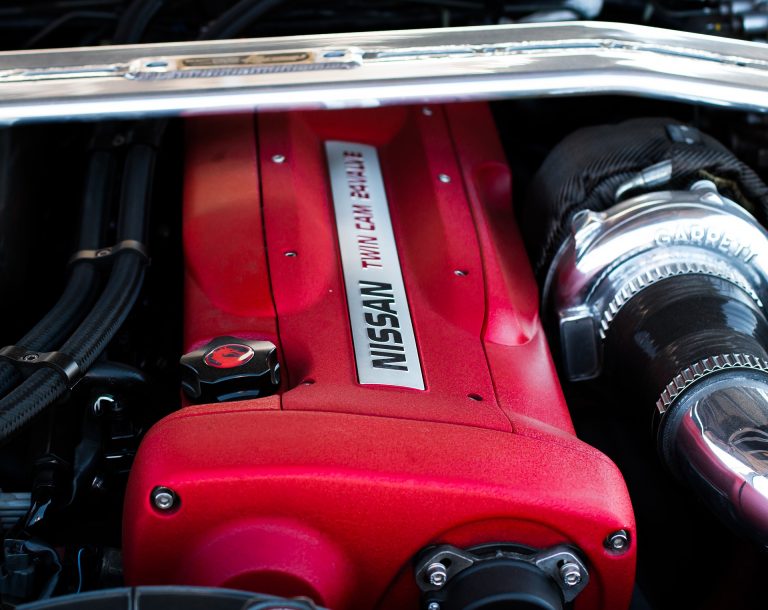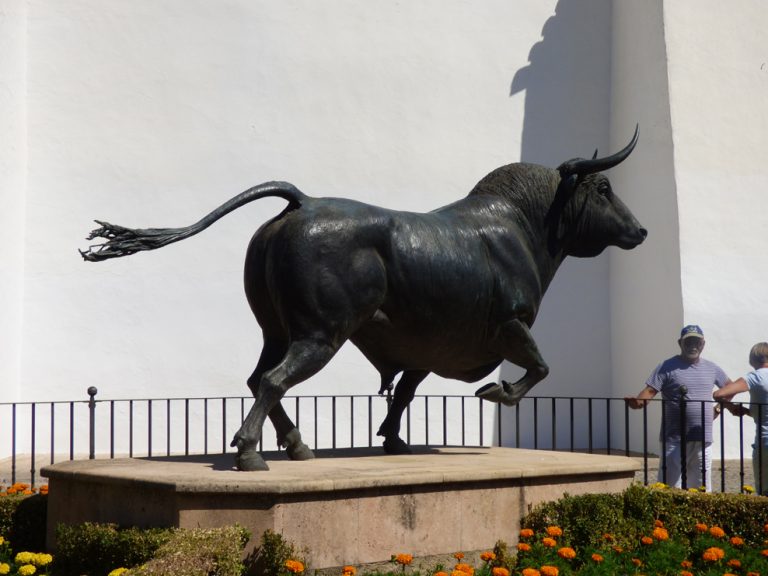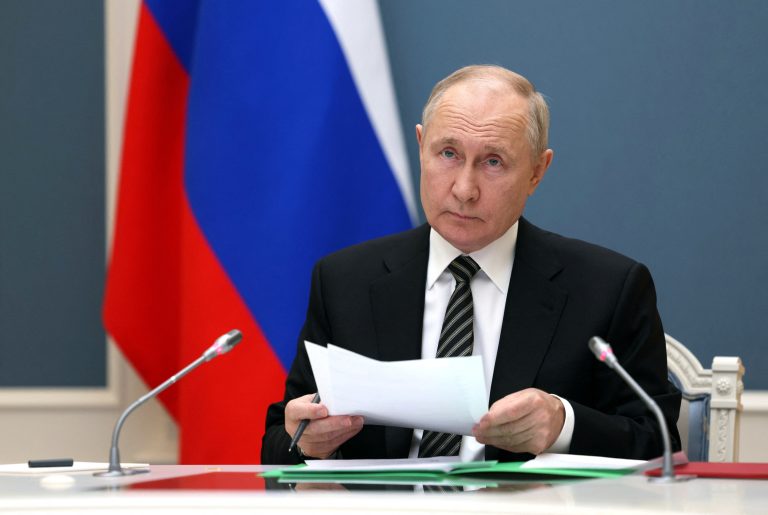Japanese carmaker Nissan Motor Co. recently announced a £1 billion ($1.18 billion) investment in the UK as part of its Sunderland car plant expansion project. The company plans to build new generation all-electric vehicles at the plant, which currently exports 70 percent of its vehicles to the European Union.
Out of the £1 billion investment, up to £423 million will be invested in developing infrastructure to make electric vehicles. The production of the new models is expected to generate 909 new direct jobs and over 4,500 jobs in the UK supply chain. Nissan’s partner, Envision AESC, will invest roughly £450 million to build an electric battery gigafactory next door, which will manufacture batteries for up to 100,000 Nissan electric vehicles annually. The project will create 750 new jobs and secure 350 existing jobs.
The UK plans to ban the sale of new vans and cars powered solely by diesel or petrol by the year 2030. Prime Minister Boris Johnson called Nissan’s investment a “pivotal moment” in the UK’s electric car revolution and “a major vote of confidence” in the United Kingdom.
“The great thing about this investment and the creation of this gigafactory is it is going to drive down the cost of electric vehicles (EVs), not just for people who are currently buying them but so ordinary families can buy EVs as a matter of course and that will start happening in just a few years’ time,” Johnson said, as reported by BBC.
Prior to Brexit, Nissan had stated that the UK’s failure to secure an agreement with the EU would make the fate of the investment plan uncertain.
Success
You are now signed up for our newsletter
Success
Check your email to complete sign up
The UK-EU trade deal signed last year allows the free trade of cars, but with the condition that at least 40 percent of the value of the car has to be manufactured in the UK or EU. The threshold is scheduled to rise to 55 percent in 2027. As a result, imported batteries, which make up half the vehicle’s cost, would theoretically close off the EU market to UK-made cars. However, with Envision AESC’s new battery plant, the problem is now resolved.
Nissan’s chief operating officer (COO), Ashwani Gupta, told BBC that the key success factor for Brexit was ensuring “trade friendly business conditions” between the UK and EU. The company appears to like the way the two powers have reached a trade agreement, now deciding “to use Brexit as an opportunity.”
The British government plans to contribute funds to the expansion plan, but Gupta did not reveal the exact amount. He said that the project could not have materialized without government support. “This project is the demonstration of the renaissance of the British car industry,” Gupta said to reporters at the Sunderland plant.
“This is not one shot, this is not one car, this is the plan and this is for 10 years’ engagement,” Guillaume Cartier, Nissan chairman for Africa, Middle East, India, Europe & Oceania, told Reuters.
Brexit, UK investments
Nigel Farage, the former politician, and leader of the Brexit party between 2019 and 2021, said in a show at GB news that the Nissan plant is proof Britain’s exit from the EU is working. He recalled back in the late 1990s, there would always be fearmongering that Nissan would leave Sunderland if Britain did not adopt the Euro currency.
When Brexit erupted in the news, many believed that Nissan would shut down the Sunderland plant if the UK voted in favor of Brexit. Nevertheless, Sunderland citizens ended up voting for Brexit in 2016.
“People of Sunderland have been rewarded… The remainers. The remoaners. I’m afraid have got it wrong once again… Because this week, a massive £1 billion sterling deal for Nissan to build a new mega factory in the northeast of England,” Farage said on the show. He added that the project would generate around 6,000 jobs.
Data from the UK’s Department of International Trade (DIT) shows that 55,319 jobs were created in 2020 thanks to foreign investment, which is slightly lower than the 56,117 jobs created in 2019. The number of foreign direct investment (FDI) projects dropped 17 percent to 1,538 in 2020-2021 compared to 1,852 in 2019-2020.
However, total inward FDI stock rose from 2.1 trillion dollars in 2019 to 2.2 trillion dollars in 2020, the second-highest in the world after the United States. International Trade Secretary Liz Truss said that the FDI figures prove the UK to be “resilient and strong” in the face of economic uncertainty.
“From Scotland to the South West, the UK remains one of the most attractive destinations in the world to invest in… As we strike trade deals across the globe, we’re opening up even more opportunities for investors, exporters, and businesses to grow, creating jobs, boosting the economy and leveling up the entire UK as we can build back better from the pandemic,” Truss said in a statement.
















